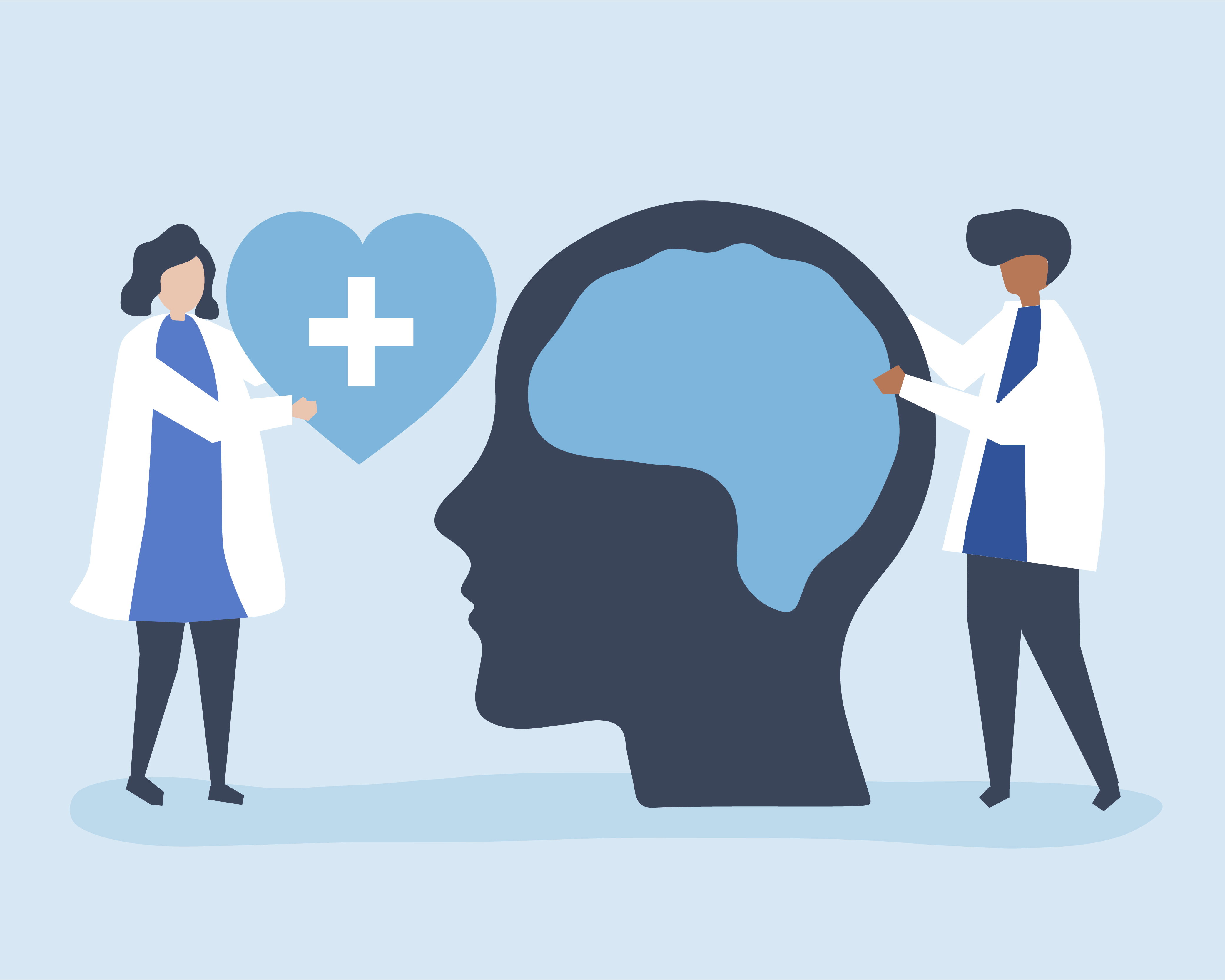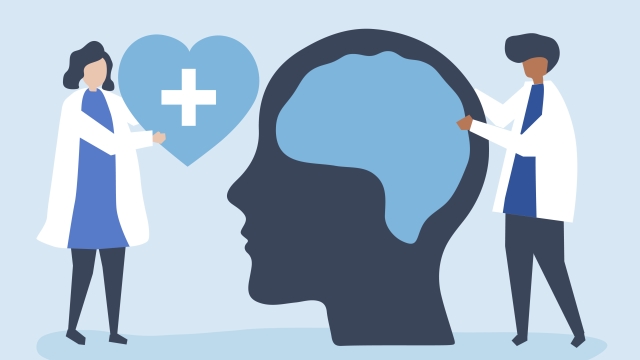
Welcome to a world where mental health care is no longer a distant dream but a transformative reality. In recent years, our understanding and appreciation for the importance of mental well-being have reached new heights, ushering in a revolutionary era for mental health care. With the power of innovation, technology, and compassion, we find ourselves on the precipice of a remarkable transformation that has the potential to reshape lives in ways we couldn’t have imagined before.
Mental health care, once plagued by stigma and limited resources, is now being prioritized and acknowledged as an integral part of holistic health. As the barriers surrounding this essential aspect of our well-being crumble, we have seen a surge of initiatives, programs, and treatments that aim to provide a more inclusive and effective support system for individuals facing mental health challenges. With each passing day, compassion and understanding are intertwining with scientific advancements, creating a powerful synergy that is propelling the field forward.
In this article, we will explore the groundbreaking developments that have been instrumental in unlocking the power within mental health care. From novel therapeutic approaches to the integration of technology in treatment options, we will delve into the various avenues that are being explored to provide individuals with the care and support they deserve. Furthermore, we will discuss the importance of dismantling the societal barriers that have hindered progress for far too long, as well as highlighting the individuals and organizations who are leading the charge towards a more accessible and inclusive mental health care landscape.
Stay with us as we embark on this journey into the world of mental health care, where innovation, empathy, and compassion intersect to create a brighter and more hopeful future. Together, we will discover how this revolution is empowering individuals, transforming the way mental health care is perceived, and ultimately shaping a world where no one is left to face their challenges alone.
The Role of Technology
Technology has brought significant advancements and transformations in the field of mental health care. With the integration of modern tools and digital platforms, the way we approach and address mental health concerns has been revolutionized.
Firstly, technology has enabled greater accessibility to mental health care services. Through telehealth and online counseling platforms, individuals can now receive support and guidance from the comfort of their own homes. This removes barriers such as distance, transportation issues, and the need for in-person appointments, making mental health care more convenient and accessible for many.
Additionally, technology has facilitated the development of various mental health apps and digital tools. These applications provide resources for self-help, tracking mood and behavior patterns, meditation and relaxation exercises, and even virtual therapy sessions. Such tools empower individuals to actively engage in their own mental well-being and gain valuable insights into their emotions and thought patterns.
https://thcdabwoodsvape.co.uk/
Furthermore, technology has played a crucial role in destigmatizing mental health care. Through social media platforms and online communities, people are now more open and confident in discussing their mental health struggles. This has fostered a sense of belonging and support, as individuals realize they are not alone in their struggles. It has also encouraged meaningful conversations around mental health, leading to increased understanding and awareness in society.
In conclusion, technology has significantly impacted the landscape of mental health care. From improving accessibility to empowering individuals and reducing stigma, its role cannot be overlooked. As we continue to embrace technological advancements, we have the opportunity to unlock the power within and transform mental health care for the better.
Personalized Treatment Approaches
In the realm of mental health care, personalized treatment approaches are redefining the way we address individual needs and promote overall well-being. By recognizing that each person’s journey towards mental wellness is unique, professionals are now embracing tailored strategies to foster healing and growth.
One crucial aspect of personalized treatment is the acknowledgment of diverse backgrounds and experiences. Culturally sensitive approaches help professionals understand the nuances of an individual’s context, shaping therapy sessions and interventions accordingly. By incorporating cultural beliefs, values, and practices, mental health care providers can forge meaningful connections and create a safe space for clients to express themselves authentically.
Another pivotal element is the integration of a client’s personal preferences and strengths within their treatment plan. Recognizing that different strategies resonate with different individuals, therapists work collaboratively with clients to uncover what resonates with them most. This person-centered approach empowers individuals to actively participate in their healing journey, fostering a sense of autonomy and self-efficacy.
Additionally, innovative technology plays a vital role in revolutionizing mental health care by enabling personalized interventions. Virtual therapy platforms and mobile applications provide individuals with accessible and convenient options to engage in therapy. These tools can be customized to address specific concerns, whether through targeted exercises, guided meditation, or interactive cognitive-behavioral exercises. By harnessing technology, mental health care can reach more people and cater to their individual needs.
Through the development of personalized treatment approaches, mental health care is becoming more inclusive, compassionate, and effective. By recognizing the uniqueness of each individual’s experiences, integrating personal preferences, and leveraging technology, professionals can work hand-in-hand with clients to unlock the power within and foster holistic mental well-being.
Breaking Stigmas and Building Support Systems
In recent years, there has been a growing recognition of the importance of breaking stigmas surrounding mental health care. These stigmas have long prevented individuals from seeking the help they need and deserve, perpetuating a cycle of silence and suffering. However, there is a shift happening as society begins to understand that mental health is just as crucial as physical health.
One of the key aspects of breaking stigmas is fostering open conversations about mental health. By encouraging dialogue and creating safe spaces, we can empower individuals to share their experiences without fear of judgment or discrimination. This openness allows people to realize that they are not alone in their struggles, promoting a sense of unity and understanding.
Building strong support systems is also vital in revolutionizing mental health care. These systems can come in various forms, from professional therapists and counselors to peer support groups. By providing individuals with access to these resources, we can ensure that they receive the guidance and assistance they need. Support systems also play a crucial role in preventing the escalation of mental health issues by offering early intervention and ongoing support.
In conclusion, dismantling the stigmas associated with mental health care and establishing robust support systems are essential in revolutionizing how we approach and address mental health. By prioritizing open conversations and creating supportive environments, we can truly unlock the power within individuals and provide them with the tools to thrive.





